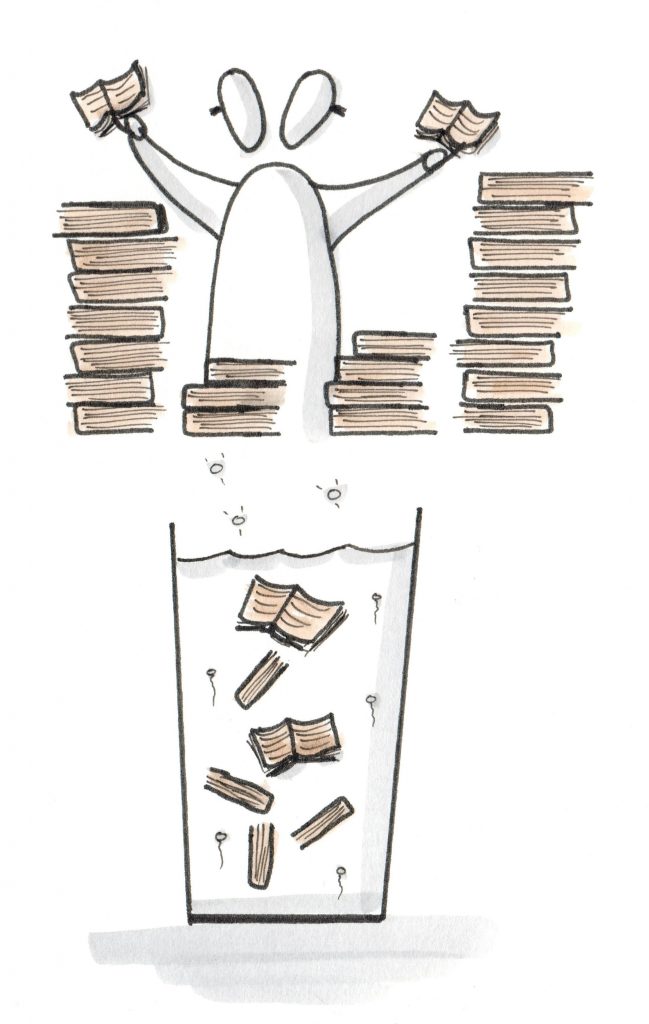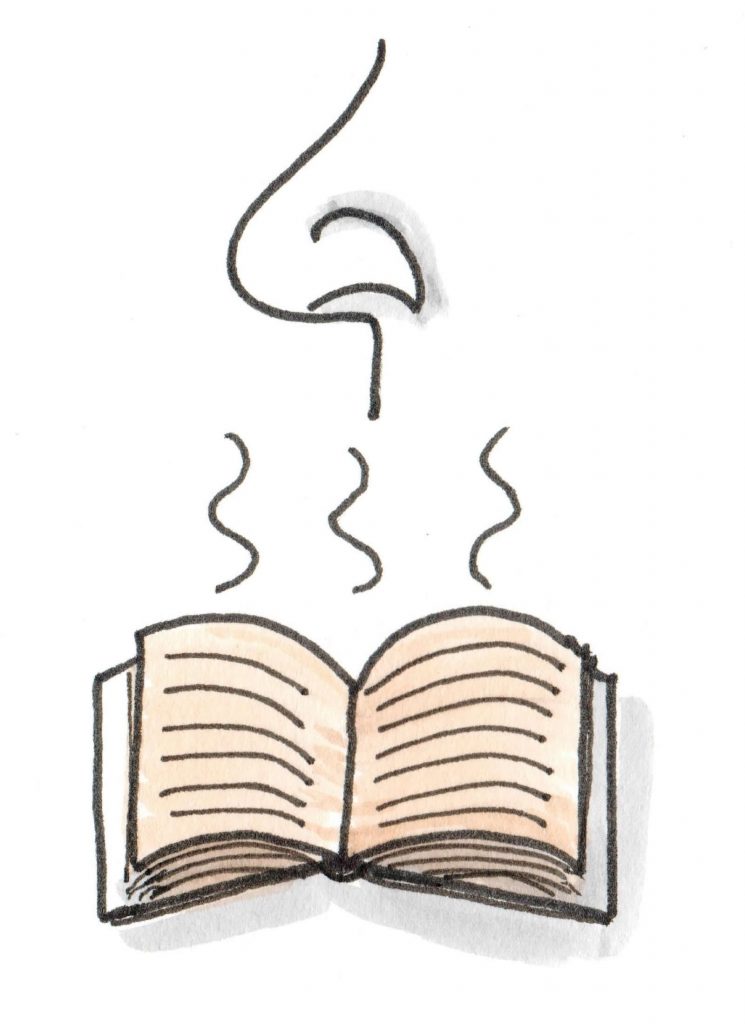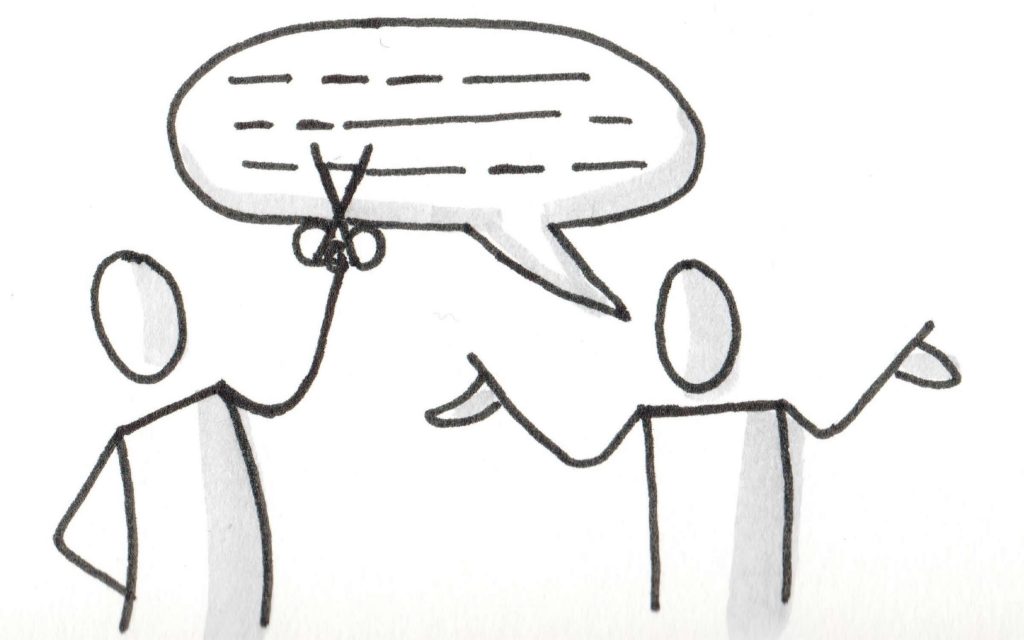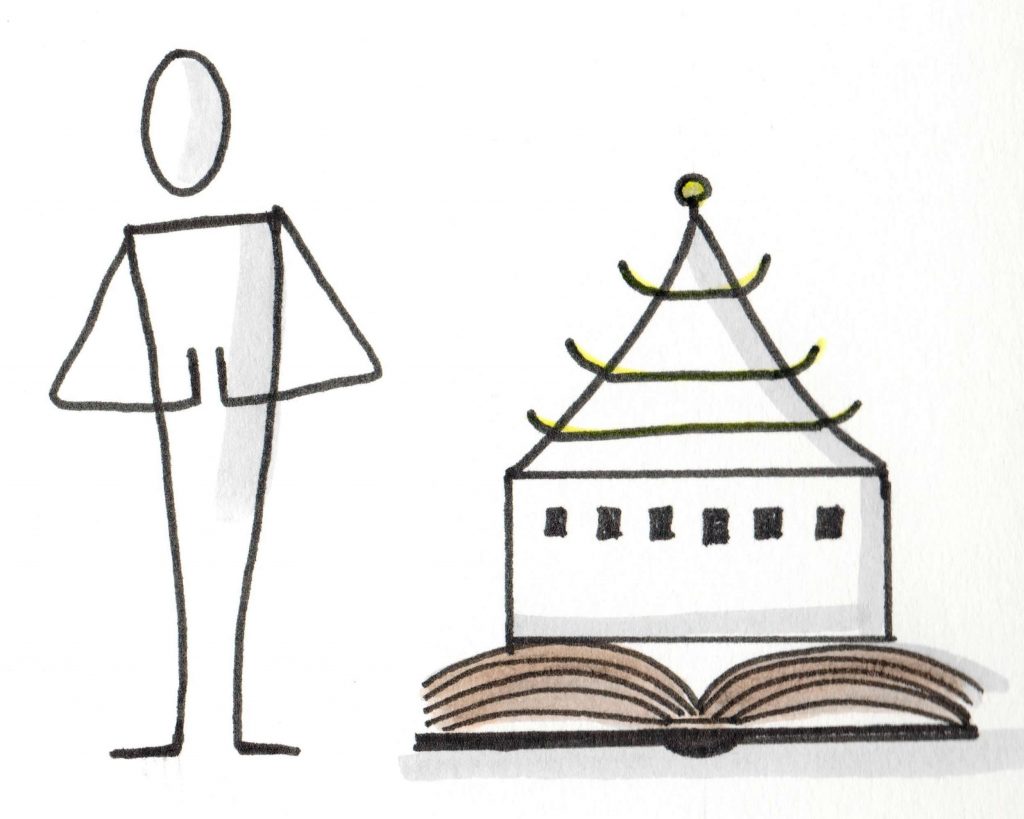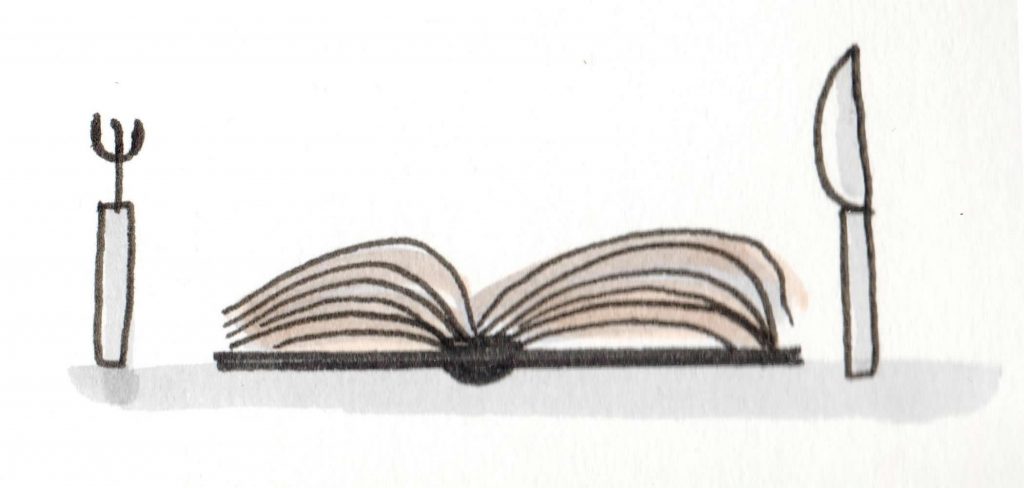Love Books? – 7 Words every Bibliophile Should Know
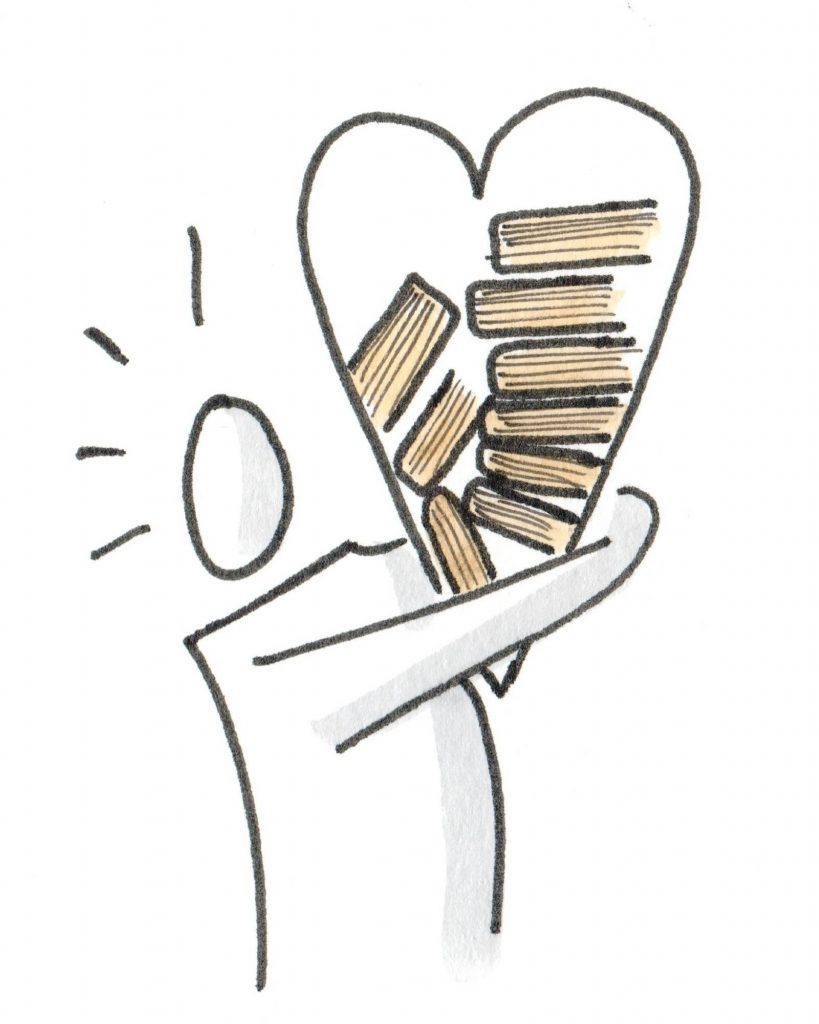 Are you a Bibliophile, someone who loves books? If you are you’ll know the joy of buying, collecting, owning, (smelling?), touching and of course reading these textual marvels. There’s something about the very form factor of a book that no e-book will ever be able to replace. It’s a tangible manifestation of knowledge, of the joy of learning new things and of the journey into new ideas or worlds. As you can probably tell, I am a Bibliophile to the core, so in this article we introduce you to some words I think every Bibliophile should know.
Are you a Bibliophile, someone who loves books? If you are you’ll know the joy of buying, collecting, owning, (smelling?), touching and of course reading these textual marvels. There’s something about the very form factor of a book that no e-book will ever be able to replace. It’s a tangible manifestation of knowledge, of the joy of learning new things and of the journey into new ideas or worlds. As you can probably tell, I am a Bibliophile to the core, so in this article we introduce you to some words I think every Bibliophile should know.
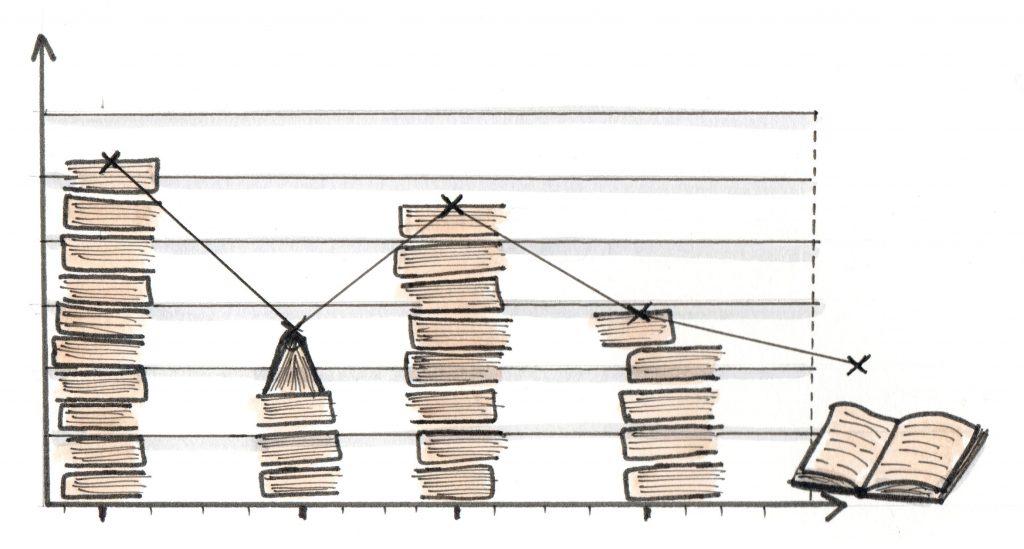 Bouquinistes are booksellers who deal with second-hand books of little value. However for a true book-lover,no ‘antique book of little value’ is ever valueless
Bouquinistes are booksellers who deal with second-hand books of little value. However for a true book-lover,no ‘antique book of little value’ is ever valueless
The Bouquinistes of Paris, France, are booksellers of used and antiquarian books who ply their trade along large sections of the banks of the Seine: on the right bank from the Pont Marie to the Quai du Louvre, and on the left bank from the Quai de la Tournelle to Quai Voltaire. The Seine is thus described as ‘the only river in the world that runs between two bookshelves’.
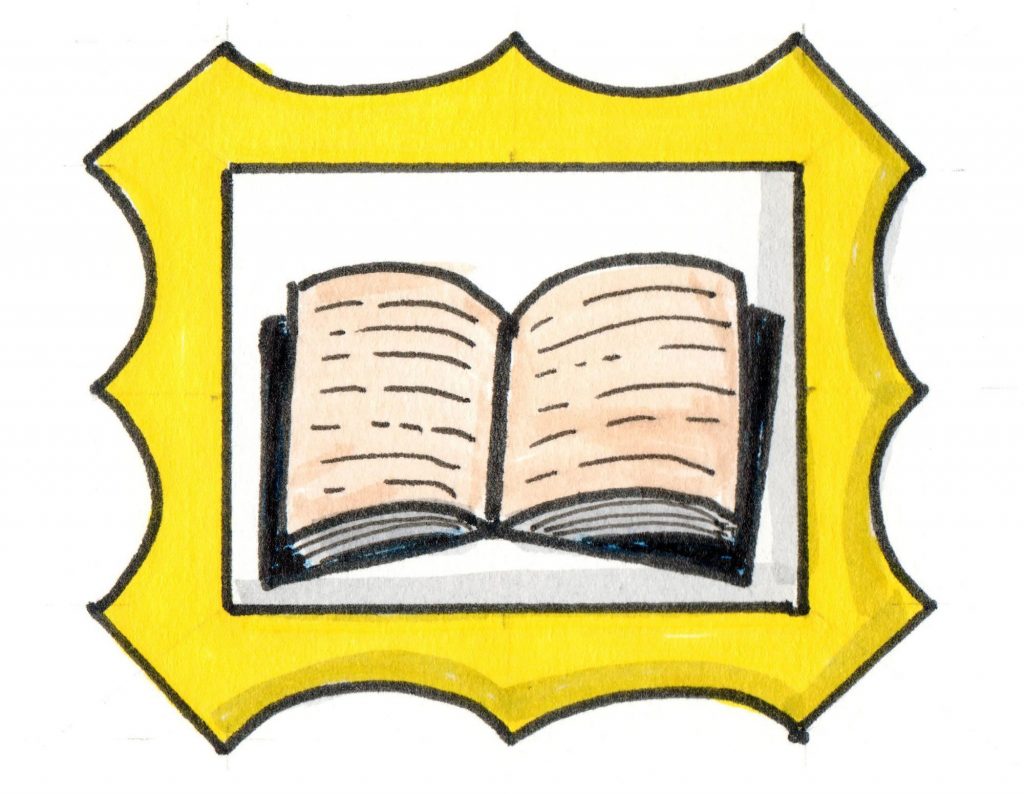 Incunabula means a work of art, which also includes books (well why shouldn’t it). It is usually used to describe the work of art in its early stages of development, so a soon to be classic work of literature could be descibed as an Incunabula early on in the writing phase.
Incunabula means a work of art, which also includes books (well why shouldn’t it). It is usually used to describe the work of art in its early stages of development, so a soon to be classic work of literature could be descibed as an Incunabula early on in the writing phase.
Incunabula also refers to any book printed before 1501.
“Incunable” is the anglicised singular form of “incunabula“, Latin for “swaddling clothes” or “cradle“, which can refer to “the earliest stages or first traces in the development of anything.”[

